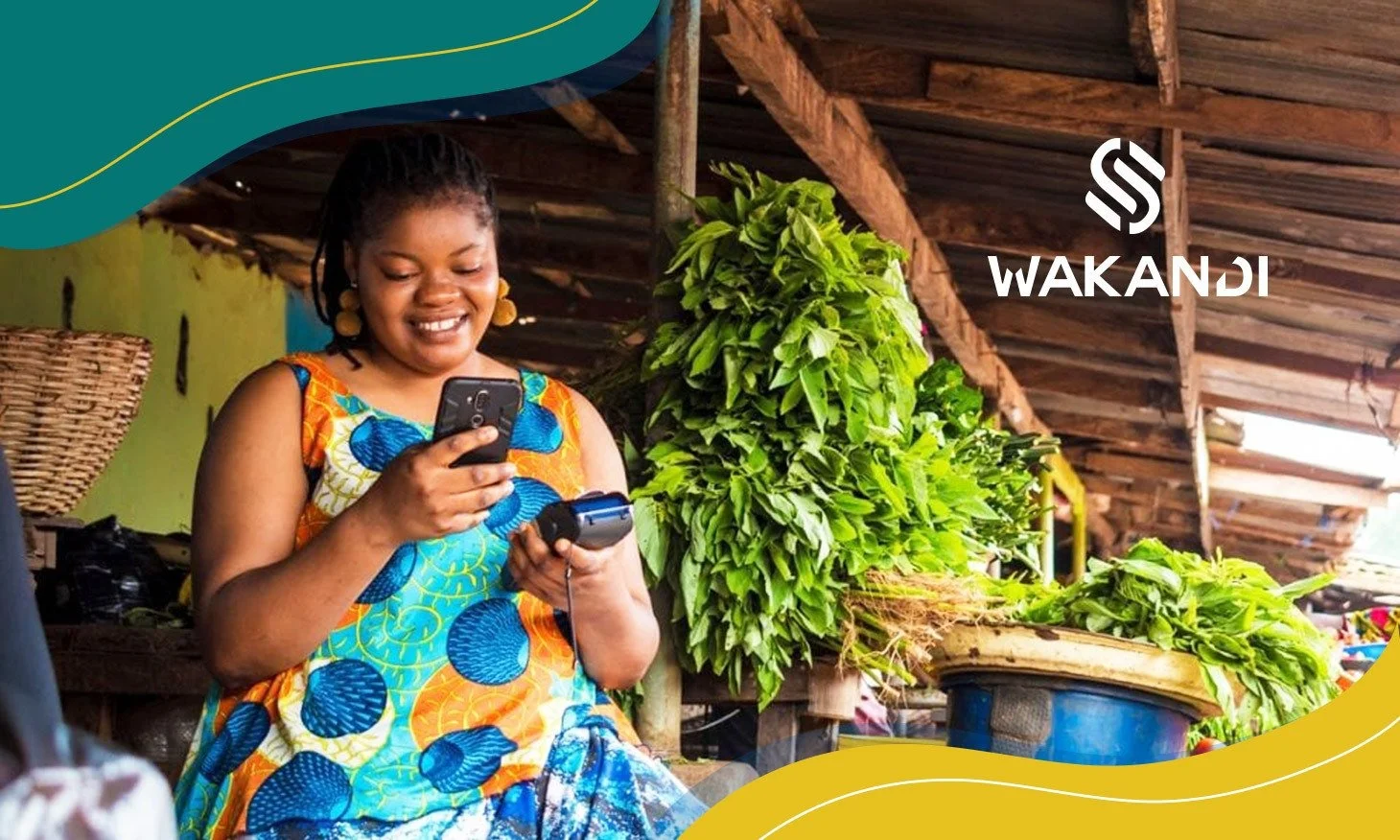Collaboration and Innovation – building Africa’s fintech landscape

The impact of financial technology (fintech) in Africa has been substantial. Fintech, especially mobile money, has emerged as a worthy adversary to traditional finance. It has created an open environment where people in urban and rural areas can send or receive money hassle-free. Many African countries have witnessed the strong inflow of fintech startups and investments in the past few years.
Nigeria has around 250 companies in the fintech space, and the market revenue is expected to reach $543.3 million in 2022, up from $153.1 million in 2017.
South Africa boasts more than 20 fintech companies offering a variety of services in digital payments, lending, investments and b2b tech support.
Tanzania is amongst the fastest growing African countries in terms of mobile money adoption. There are 16.5 million active mobile money users in Tanzania, transacting over $27 billion every year.
In Africa, there are two primary catalysts for the growth of fintech – Collaboration and Innovation.
Collaboration of fintech and traditional players
The rising technology and availability of vast data have given birth to a new way of offering financial services. In this new way, traditional banks do not fear the new and innovative fintech startups. On the contrary, banks seek them as an opportunity to go digital and lead the way to a new age financial landscape.
Banks aim to avail modern technologies and approaches that startups bring to enable digital solutions for the customers. Using digital systems can also help them reach regions where having physical branches is not possible.
Fintech startups aim to leverage the vast data and customer base that banks hold. With readily available data and userbase, they can build innovative solutions customized to their needs.
Despite the current pandemic, collaborations between financial companies have been on the rise. Popular partnerships that happened recently in Africa:
- Cassava Fintech International (CFI) and the Liquid Telecom Group (LTG) – Launched Sasai WiFi Finder to drive digital transformation and financial inclusion in various parts of Africa.
- Vodacom and Alipay – The partnership aims to bring comprehensive digital solutions to South African consumers and merchants with the help of innovative technology.
- Visa and Paga – With this partnership, they strive to drive high digital payment volumes for both companies.
- Wakandi has also been collaborating with various companies to launch CAMS in different parts of Africa. Some of our prominent partners include – MuCoBa Bank, Helvetas Tanzania, AfriMoney, MTN, and Tigo Pesa. Read more in our blog.
Innovation in the financial landscape
Innovation has laid a strong foundation for effective and personalized financial services.
Mobile services that have been used to send and receive money have extended their boundaries. Today, people can use mobile money to avail loans, investments, insurances and international remittances.
Banking services are witnessing digital transformation with the help of technology. Services for which customers had to stand in long queues can now be done at a click of a button. With innovation and fintech, banks can create more advanced and personalized solutions for a better user experience.
Payments have transformed with the introduction of cryptocurrencies and digital tokens in many countries in Africa. People are using Bitcoin and other cryptos for various purposes, including investments, transactions, and digital payments.
Wakandi is also riding the wave of innovation in Africa. We have launched a Credit Association Management System (CAMS) for informal financial groups. These groups can use our system to do their daily operations online. They can send contributions, apply for loans, and manage admin-related tasks digitally with the help of CAMS.
Conclusion
The changing financial space in Africa has clearly shown that settling down is not an option. It is now clear that banks, MNOs, and startups have to work together to drive better and affordable services to the people. Building solutions with the right mix of user preferences, technology, and affordability can lead to a cashless Africa.

Comments